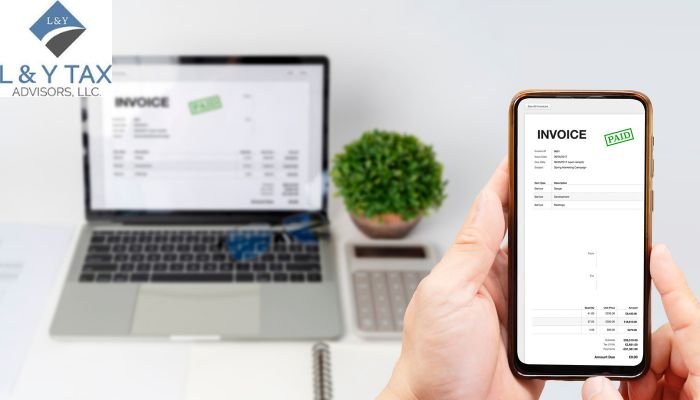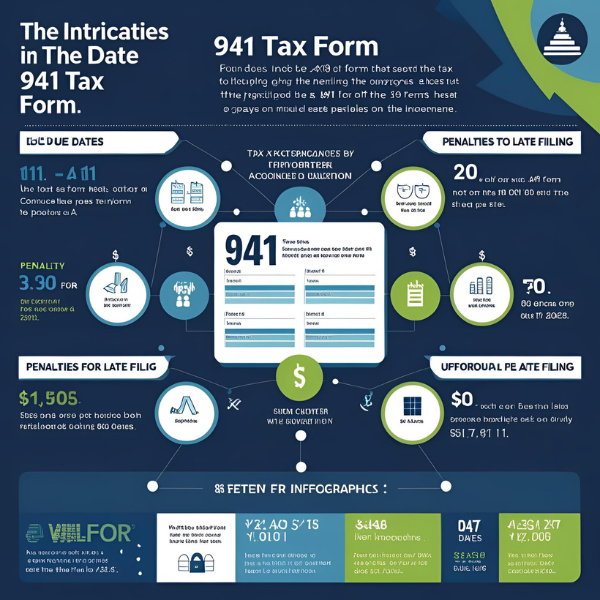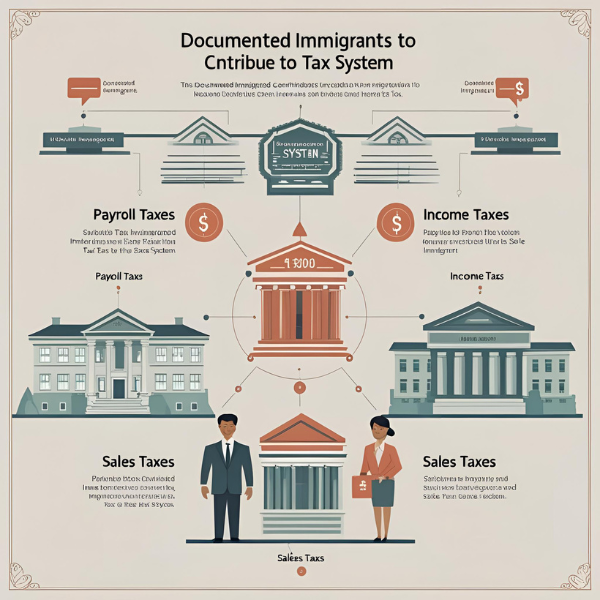
What is the Difference Between Invoice and Bill of Supply?
Documentation is essential for maintaining legal compliance and clarity in company dealings. Bills of supplies and invoices are two of the most important papers. But what is the difference between invoice and bill of supply?
These terminologies may appear to be interchangeable at first glance. However, they have diverse functions. They are employed in various situations. Our business property yax services help you learn what is the difference between invoice and bill of supply.
What is Called Invoice?
A business document that lists the goods or services rendered, the amount due, and the seller’s contact information is called an invoice. It contains thorough details, including:
- Price
- Quantity
- Description of the goods or services
- Date of supply
- Terms of payment
Key Components of Invoice
Tax information, such as the total tax that applies to the transaction, is usually included in an invoice.
- Seller and buyer details
- Unique invoice number
- Date of issue and date of supply
- Description of goods or services
- Quantity and price per unit
- Taxable amount and applicable taxes
- Total amount due
- Terms and conditions of payment
What is a Bill for Supply?
A bill of supply is utilized when no tax is assessed. It is given by companies that are tax-registered. However, they are not liable for taxes. It includes companies that:
- Trade in exempt goods or services
- Operating under a composition plan
Similar information is included on the bill of supply, but it clearly states that no tax is due.
Components of Bill of Supply
- Seller and buyer details
- Unique bill of supply number
- Date of issue
- Description of goods or services
- Quantity and price per unit
- Total amount due
- Declaration that no tax is applicable
What is the Difference Between Invoice and Bill of Supply?
When a vendor must collect sales tax from the customer, they utilize invoices. This document is necessary for companies that fall under typical tax regimes. Invoices guarantee clear and accountable procedures for the collection and payment of taxes.
A bill of supply is used when some products or services are exempt from tax. Companies incorporated under a composition scheme also utilize bills of supplies. This permits a more simplified tax system with lower rates and fewer compliance requirements.
Following the legal criteria for tax-exempt sales, this document attests that no tax is charged on the transaction.
Legal Requirements for Invoice
Not only is it a commercial need in many places, but issuing invoices is also required by law. Proof of the transaction is essential for tax reporting purposes. Precise billing guarantees that tax regulations are followed and help avert legal problems.
Legal Requirements for Bill of Supply
For companies that operate under certain tax exemptions, the bill of supplies is just as crucial. In addition to preserving transaction openness and guaranteeing compliance with legislative exemptions, it clarifies and proves that no tax is owed.
Get in touch with our residential property tax services.
The Bottom Line
Accurate financial paperwork and regulatory compliance depend on knowing what is the difference between invoice and bill of supply. An invoice is used for sales that are subject to taxes. A bill of supply is used for sales that are not. These documents ensure clarity, accountability, and compliance with tax regulations. These are essential to corporate operations. You can preserve smooth operations and avoid legal trouble by utilizing the appropriate paperwork for every transaction.


